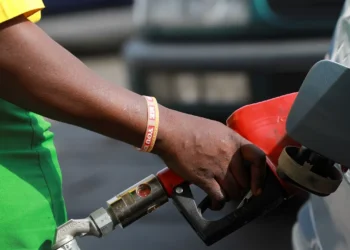Nigeria’s foreign exchange (forex) reserves have experienced a notable increase, reaching $33.25 billion, driven by optimism regarding potential surpassing of crude oil earnings projections. The reserves grew by $140 million, maintaining an upward trajectory, with analysts anticipating a positive economic outlook.
The rise in reserves aligns with a 1.6% increase in Brent crude oil prices to $78.48/bbl, attributed to escalating tensions in the Middle East and disruptions in the United States, raising concerns about a potential supply shortage. The International Energy Agency’s upward revision of the 2024 demand forecast to 1.24mbpd adds further optimism to the global crude oil market.
Despite this positive trend, the naira faces continued pressure in forex markets. At the Nigerian Autonomous Foreign Exchange Market (NAFEM), the naira depreciated by 1.3% to N902.45 per dollar, while the parallel market saw a 7.6% weakening to close at N1,340.00 per dollar.
Analysts predict ongoing pressure on the local currency due to significant demand-supply imbalances. Cordros Capital expects tight forex liquidity conditions until the receipt of anticipated forex inflows, with a watchful eye on CBN’s actions and short-term interest rates.
While the World Bank considers Nigeria’s request for $1.5 billion in financing to support key policy reforms, Prof. Uche Uwaleke emphasizes the need for export diversification to address the forex crisis. He suggests enacting a ‘Buy Nigeria law’ and revisiting the CBN’s currency swap deal with China.
Despite challenges, the increase in forex reserves is viewed positively by experts. Olatunde Amolegbe of Arthur Steven Asset Management sees it as a signal for improved liquidity and stability in the forex market. However, he underscores the importance of enhancing the forex market structure for sustained benefits.
The continuous monitoring of forex reserves and the implementation of strategic measures remain crucial for Nigeria’s economic resilience and stability.










